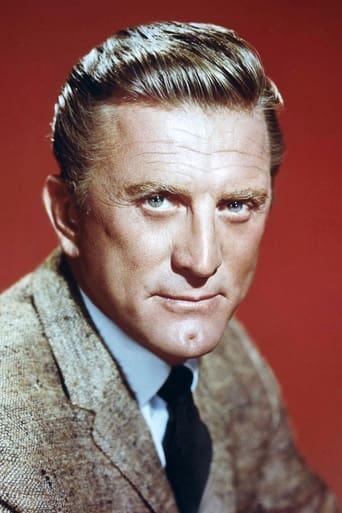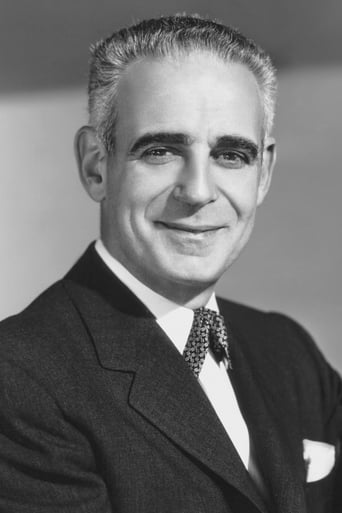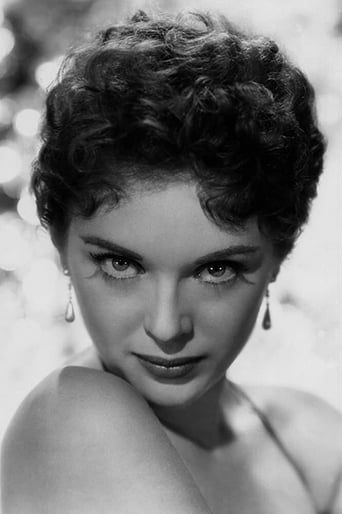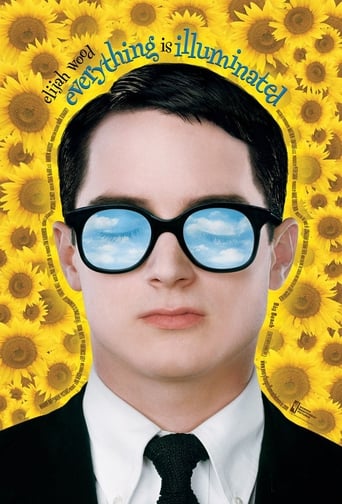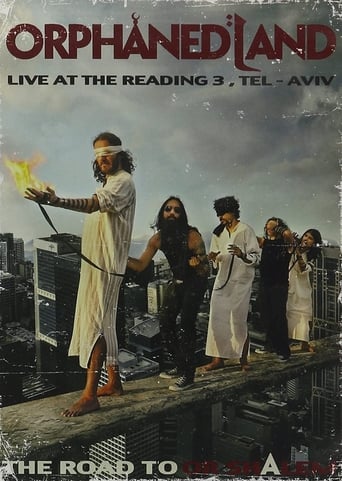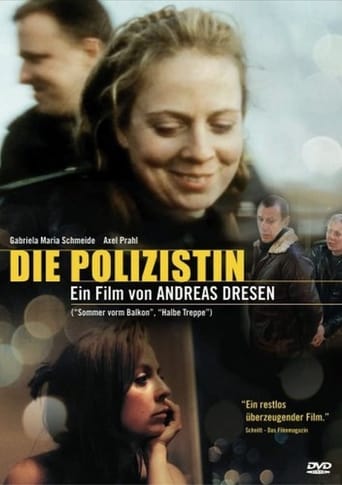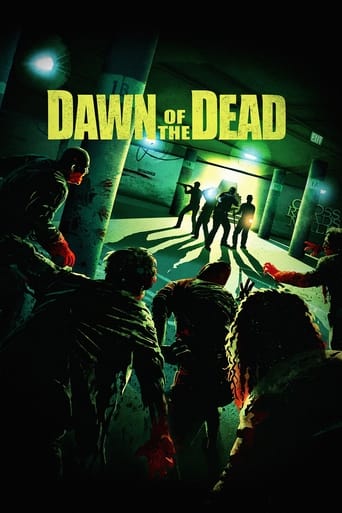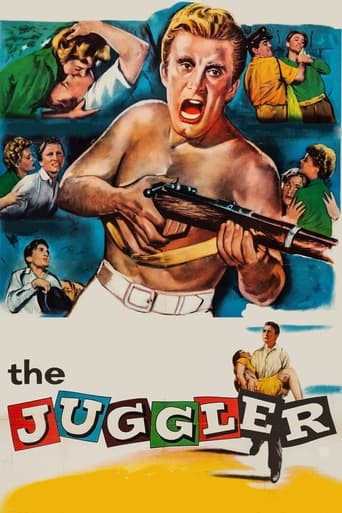
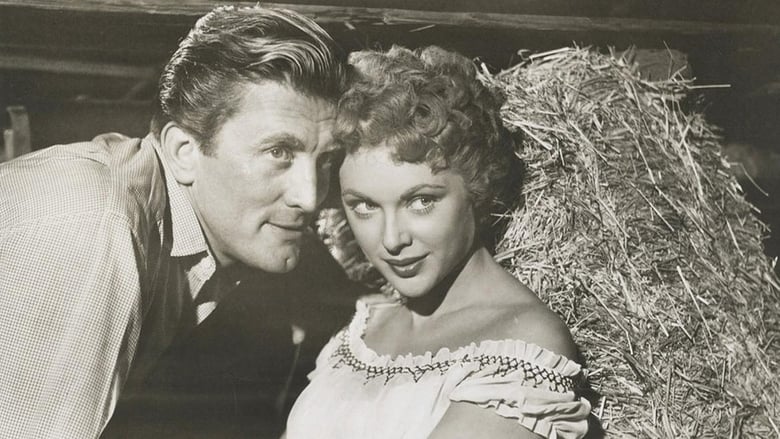
The Juggler (1953)
A Holocaust survivor moves to Israel and experiences difficulty adjusting to life.
Watch Trailer
Cast
Similar titles
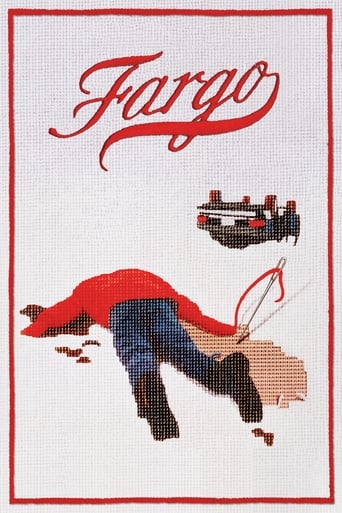
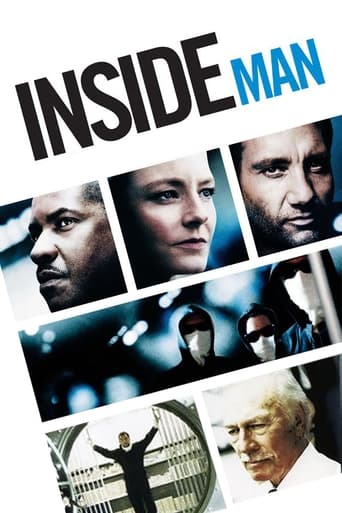
Reviews
For all the hype it got I was expecting a lot more!
A Surprisingly Unforgettable Movie!
This story has more twists and turns than a second-rate soap opera.
It's a movie as timely as it is provocative and amazingly, for much of its running time, it is weirdly funny.
one of films who could be defined as special. for theme and for inspired manner to translate it on the screen. for Kirg Douglas performance. for its place in the category of films about Shoah. for the science to present the start of Israel in a poetic-realistic manner. for humor and for the scene of dance and for the shadows of past in the life of the lead character. a film who impress. because it seems be almost a documentary-drama. because it gives more than a List of Schindler . and for the science to use old classic themes and motifs for recreate a kind of beautiful testimony. the force of it - high science to suggest. and a great cast.
Directed by Edward Dmytryk, "The Juggler" stars Kirk Douglas as Hans Muller, a German Jew who survived a German concentration camp during WW2. Muller is relocated to a temporary camp in Israel, where the newly formed nation state tries to rehabilitate him. As his experiences during WW2 have left Muller confused, emotionally scarred and suffering traumatic flashbacks, this proves a difficult task."The Juggler" was produced by Stanley Kramer, and feels more or less like another one of his schmaltzy "socially conscious message movies". It was written by Michael Blanfort, a screenwriter responsible for "The Caine Mutiny" and "Broken Arrow". With "The Juggler", however, Blanfort bites off more than he can chew, the film offering little insight into either Israel's bloody creation (and the philosophical questions it raises), WW2, the nature of concentration camps or the mind of a man ravaged by survivor's guilt.Incidentally, the 1950s and 60s saw a number of films which were overtly or covertly about Israel's new-found independence. Most of these were written by blacklisted writers and filmed by once blacklisted directors, which is practically a reversal of how the radical left views Israel today (Dalton Trumbo would write "Exodus" some years later, which again starred Douglas).Most of the films in this wave were also fairly cartoonish pictures, Americanizing the Holocaust and distorting early 20th century history, flattening it into fairly broad, easily digestible movements for Western audiences. We see this with "The Juggler" as well, Israel never rising above the level of a mother who assuages the pain of her brutalised flock. She is a pair of welcoming arms, a necessary haven, and nothing more.For those interested in history: Edward Dmytryk was once blacklisted for "communist affiliations" (he joined the American Communist Party in 1944) and jailed for six months. He, like many directors (King Vidor et al), then made overtly patriotic flicks to curry favour with those in power, though to no avail. He remained blacklisted by studios and slowly went broke. In 1951 Dmytryk then went before the House of Un-American Activities Committee and provided the names of 26 former members of left-wing groups, all in an attempt to get his name off the blacklist. He succeeded, and immediately directed "The Juggler" and "The Caine Mutiny", the former a love-letter to Israel (perhaps, like his anti, anti-Semitic "Crossfire"), the latter a deliberate reversal of the message found in "Mutiny on the Bounty". Where "Bounty" justified the revolt of oppressed sailors against those in power, "Caine" does the opposite, portraying rebels as an irrational mob of silly, overly educated men. This period of Hollywood history, in which artists were effectively destroyed for their political beliefs, ostracised, blackmailed and forced to comply, is fairly well known. Less well known is how left-wing movements – an extension of Hitler's own paranoia vis a vis "Marxist Jews" - were murderously suppressed by the United States across most of Latin America, the Caribbean, the Middle East, Europe and Asia (even Australia, with what was essentially a 1970's coup).What's this got to do with "The Juggler"? In a way, Dmytryk's film is all about naming names and its own low-key witch-hunts. Characters must name names to convict Hans Muller, others must name names to prove his innocence, and a little girl is asked to both sell-out and provide photographs of Muller. "Sometimes, you have to give up your friends," one character then essentially says. The message? Stop running, stop hiding, tell the truth, obey, Daddy knows best.6/10 – Douglas chews scenery well, though his vaudeville routines are at times cringe-worthy. This is surprising, as Dmytryk was the editor of "Duck Soup". See too Dmytryk's "Farewell My Lovely". Worth one viewing.
Juggler, The (1953) ** 1/2 (out of 4) Kirk Douglas plays a Holocaust survivor who is still suffering mental illness after ten years in a concentration camp where he also learned that his wife and children were killed by being put in an oven. After the war Douglas goes to Israel to try and start his life over but his mental condition nearly leads to him killing a cop but he heads off and finds new friends in a closed off community but his past is still looking for him. Edward Dymtryk directed this film, which has its heart in the right place but there are a few major flaws that really kills the film. Needless to say, Douglas gives a very strong and heartbreaking performance and I've heard this is one of his favorites. There's a scene towards the start of the film where he sees a woman with two children and thinks that they are his even though he knows they're really dead. The breakdown Douglas shows in this scene is among the best of his career. There are countless dramatic moments like this one and here lies one of the problems. Douglas gives a strong enough of a performance where the director should have let the acting do the talking but instead of doing that he pumps up the music score. Every time something dramatic happens he pumps up the music score and this here killed most of the drama for me. The film also wants to make the viewer cry every few minutes and this doesn't work either.
KIRK DOUGLAS struggles to forget the horrors of a concentration camp in THE JUGGLER, another one of Stanley Kramer's serious socially conscious films of the '50s. Unfortunately, the end result is a film that doesn't really connect with its target audience despite a solid performance by Douglas as the troubled Jew from Israel unable to overcome his fear and bitterness.Unfortunately, Kramer had a habit of assigning George Antheil to score his films. Antheil contributes another inappropriate score heavily accenting any melodramatic moment that points up Kirk's anguish, much the way he did in Kramer's NOT AS A STRANGER. It didn't work there and it doesn't work here, especially during the "escape" scene where the music reaches a frenzied fever pitch of discordant notes.It's hard to fully sympathize with Douglas' tormented character and that is the film's chief handicap. As the man tracking down the fugitive, PAUL STEWART does his usual workmanlike job. Trouble is, there's an almost documentary feel to the story and its pivotal character is never fully fleshed out, remaining somewhat of an enigma despite Douglas' good performance. When romance comes into the story with the entrance of MILLY VITALE, Douglas' character softens a little under her compassionate care.Some vivid glimpses of Israel, circa 1949, and good location photography gives the story an authentic air, but the story values are never more than ordinary and the total effect is bland.Worthwhile mainly for Kirk Douglas fans, it fails to make the impact intended as a serious study of a man haunted by prison camp memories.
